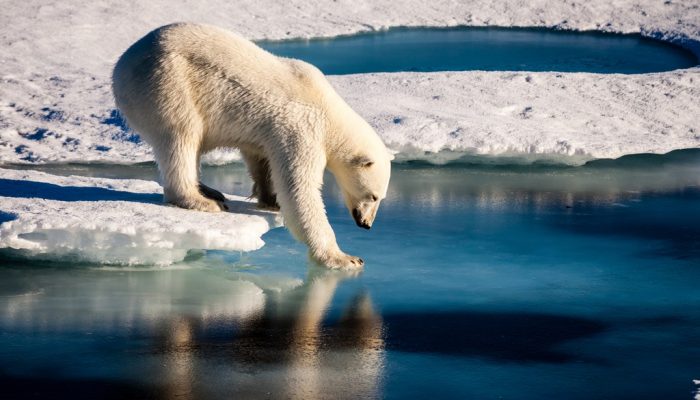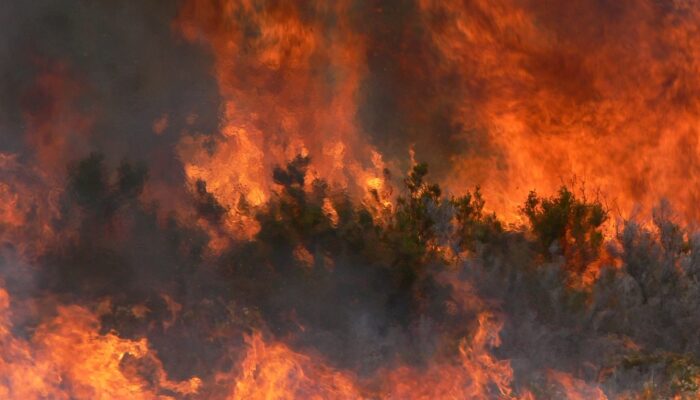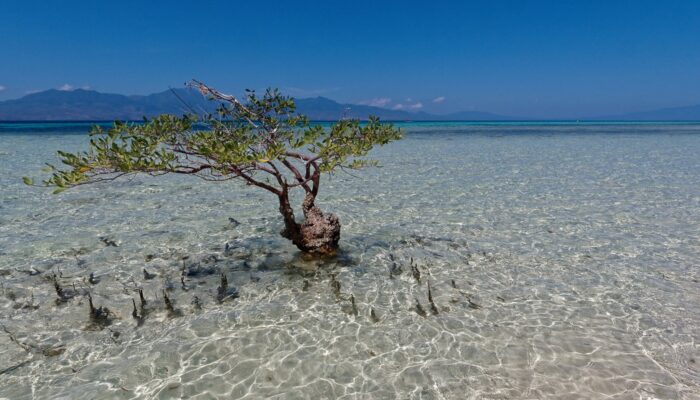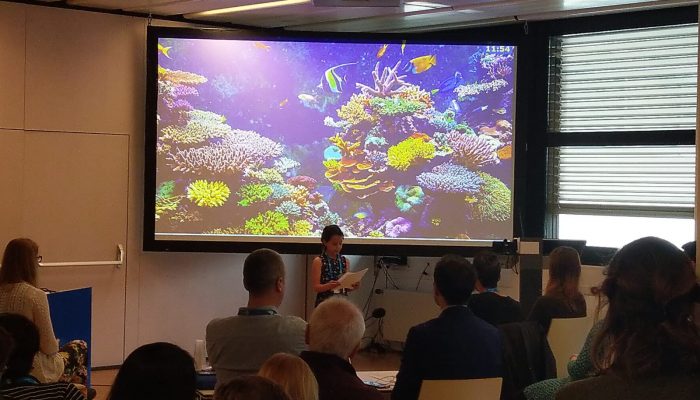Drawing inspiration from popular stories on our social media channels, major geoscience headlines, as well as unique and quirky research, this monthly column aims to bring you the latest Earth and planetary science news from around the web. Major story The impact that humans have left on the planet’s landscape is so profound, that up to one million plant and animal species are at risk of extinctio ...[Read More]
May GeoRoundUp: the best of the Earth sciences from around the web




